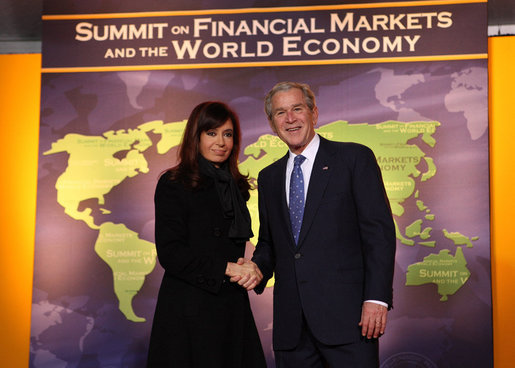Global Bond Markets Witness Sell-Off Amid Lingering Inflation Concerns
Discover the latest turmoil in global bond markets due to inflation worries and government borrowing, impacting economies worldwide.

Global Bond Markets Face Sell-Off as Inflation Concerns Linger
This week, global bond markets have encountered a significant downturn, driven by investor anxiety over persistent inflation and substantial government borrowing. The sell-off in the $28 trillion US Treasury market intensified following an unexpectedly robust employment report, which bolstered speculation that the US Treasury market may see the Federal Reserve refrain from further interest rate cuts.
Controversies in the UK bond market have been reignited, reminiscent of the turmoil surrounding former Prime Minister Liz Truss’s brief budget plan in 2022, further highlighting the complexities within the bond market trends. Meanwhile, Japanese bond yields have surged to their highest levels in over a decade, reflecting a broader trend of rising borrowing costs across major economies, including rising bond yields in the global marketplace.
As the Treasury market faces renewed scrutiny, both investors and politicians are urged to take heed. The current sell-off is more complex than previous downturns and is not limited to the US; bond yields in major European economies are also testing highs not seen since late 2023. Previously, there was confidence that rate cuts from major central banks would keep yields in check; however, this assumption is now being challenged amid changing economic signals.
A positive note emerged from the US labor front, as a dockworkers union reached a tentative agreement with ocean carriers and terminal operators, potentially alleviating some global supply chain disruptions, which the World Bank has identified as the most severe since the pandemic.
Employment Gains and Economic Outlook in the US and Canada
In the United States, the economy added the most jobs in a single month since March, with the unemployment rate dropping unexpectedly, supporting the view that the Federal Reserve may pause its interest rate adjustments. However, US consumers are growing anxious, as US consumer inflation expectations surged to their highest point since 2008, fueled by fears of potential tariffs from the incoming Trump administration.
Looking to the West, the recent wildfires in Los Angeles are projected to become one of the costliest natural disasters in US history, with damage estimates ranging from $52 billion to $57 billion, according to AccuWeather Inc. In Canada, the political landscape is shifting as Prime Minister Justin Trudeau’s nearly decade-long tenure comes to an end, largely due to increasing public unrest over the rising cost of living and sluggish economic growth. The Conservative Party is poised to gain traction as the nation braces for a potential return to a Trump-led political era, which could steer Canada away from the progressive policies seen during Trudeau’s administration.
As bond markets navigate these turbulent waters, investors are keeping a close eye on economic indicators and political developments that could shape the financial landscape ahead.





